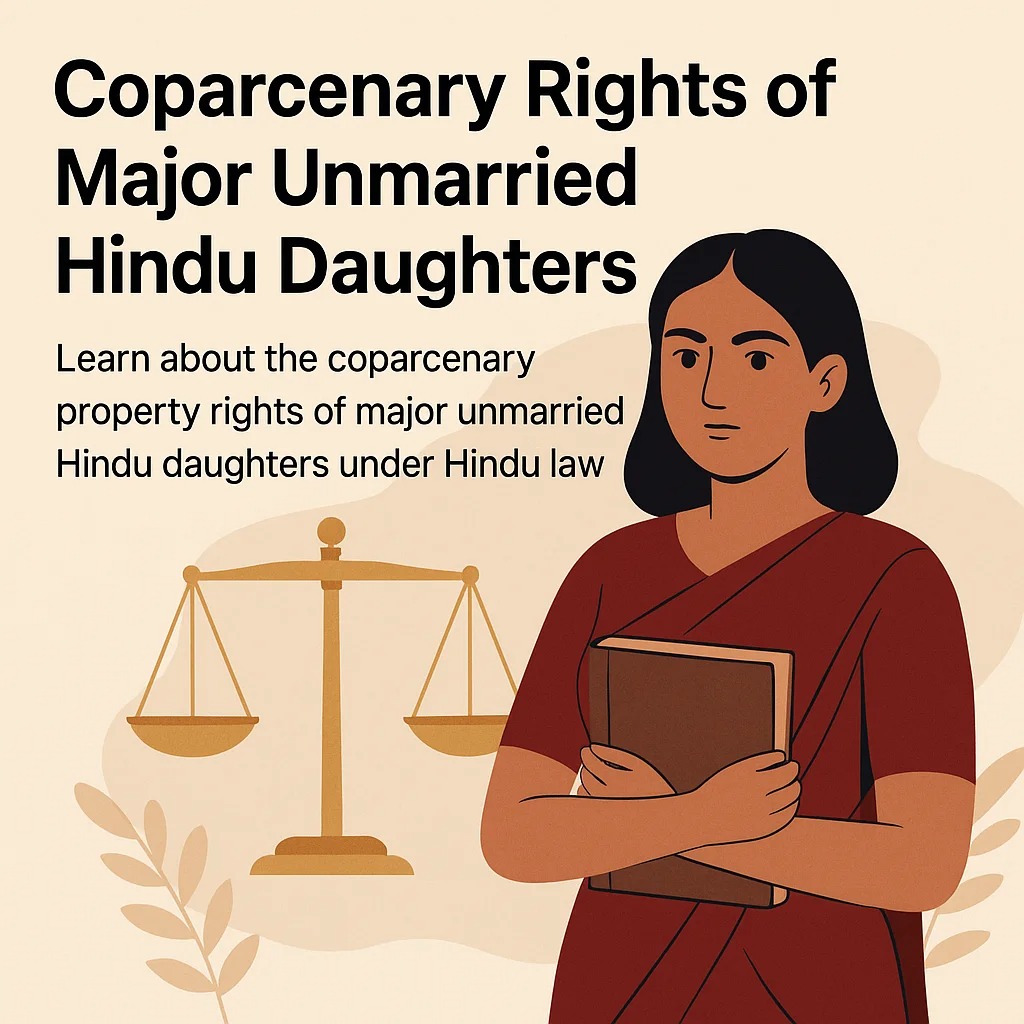@JUDGMENTTAG-ORDER
K. Chandru, J.@mdashThe Petitioners are workmen employed by the second Respondent/textiles. They had filed claim petitions before the first
Respondent/Labour Court, Coimbatore in C.P. Nos. 83 to 85, 87 to 95, and 97 to 100 of 2007 claiming wages for the period of unemployment.
Their claim was based upon the fact that they were terminated from service while a dispute was pending before the first Respondent/Labour Court
in I.D. No. 99 of 2004. The said industrial dispute relates to whether the action of the second Respondent/Management in not providing
employment to the workmen even though they are ready and willing to work and not operating the mill with effect from 18.5.2003 is justified and if
not, what relief they are entitled to.
2. Even while the dispute was pending, the Petitioners were terminated from service by order dated 26.5.2006. The dismissal was preceded by a
domestic enquiry. The claim of the Petitioners was that since no approval was obtained from the first Respondent/Labour Court in terms of Section
33(2)(b) of the Industrial Disputes Act, their termination is void ab initio and therefore, in the light of the judgment of the Supreme Court in Jaipur
Zila Sahakari Bhoomi Vikas Bank Ltd. v. Ram Gopal Sharma, [2002] 2 SCC 244, they are entitled to wages. The Labour Court numbered their
petitions and assigned various claim petition numbers and notice was ordered to the second Respondent.
3. The second Respondent filed a counter statement stating that they had already filed approval petitions before the Special Industrial Tribunal,
Chennai, wherein a collective dispute of the workers of all textile mills is pending as I.D. No. 1 of 2002 at Chennai and their approval petitions
were numbered as A.P. Nos. 14 of 2006 and 21 of 2006, which are also pending enquiry by the Tribunal and therefore, it was submitted that
since they have already moved one Tribunal seeking approval, there is no question of filing fresh cases before other Tribunals, wherein there may
be cases pending. In essence, the stand of the second Respondent was that they are entitled to file approval petition before one of the forum in
which dispute was pending.
4. Before the Labour Court, on the basis of a joint memo, a joint trial was conducted and common evidence was let in. On the side of the
workmen, 44 documents were filed and marked as Exx.W1 to W44. On the side of the second Respondent, 23 documents were filed and
marked as Exx.M1 to M23. While no oral evidence was let in by the workmen, the Manager of the second Respondent/Mill by name
Bangarusamy was examined as M.W.1.
5. The Labour Court, on an analysis of the evidence placed before it, came to the conclusion that the premises under which the claim petitions are
filed is not valid. Even though the Petitioners can take advantage of the judgment of the Constitutional Bench of the Supreme Court in Jaipur Zila
Sahakari Bhoomi Vikas Bank case, supra, there is no occasion for applying the principle laid down therein, since the second Respondent
themselves have filed approval petitions and even today it is admitted by the learned Counsel for the Petitioners that the same are pending. It is
only in cases where the approval petition u/s 33(2)(b) of the Industrial Disputes Act is not filed, the question of termination becoming void ab initio
would arise.
6. The Labour Court has also rightly applied the principle laid down in Strawboard Manufacturing Co. Vs. Gobind, , wherein it was held that an
approval petition has to be filed in one of the forum in which either conciliation or dispute is pending and not in all the forums. Even Straw Board
Manufacturing Company case, supra, came to be quoted with approval in Jaipur Zila Sahakari Bhoomi Vikas Bank case, supra. The Labour
Court, after holding that the claim petitions were premature and invalid, held that the petitions were to be rejected. At the same time, the Labour
Court reserved the right of the workmen to claim their relief after the disposal of the approval petitions in I.D. No. 1 of 2002 before the Special
Industrial Tribunal, Chennai.
7. There is no illegality or infirmity in the order passed by the Labour Court. It is not a fit case where the writ petition can be maintained impugning
the order of the Labour Court. This writ petition is dismissed. No costs.

